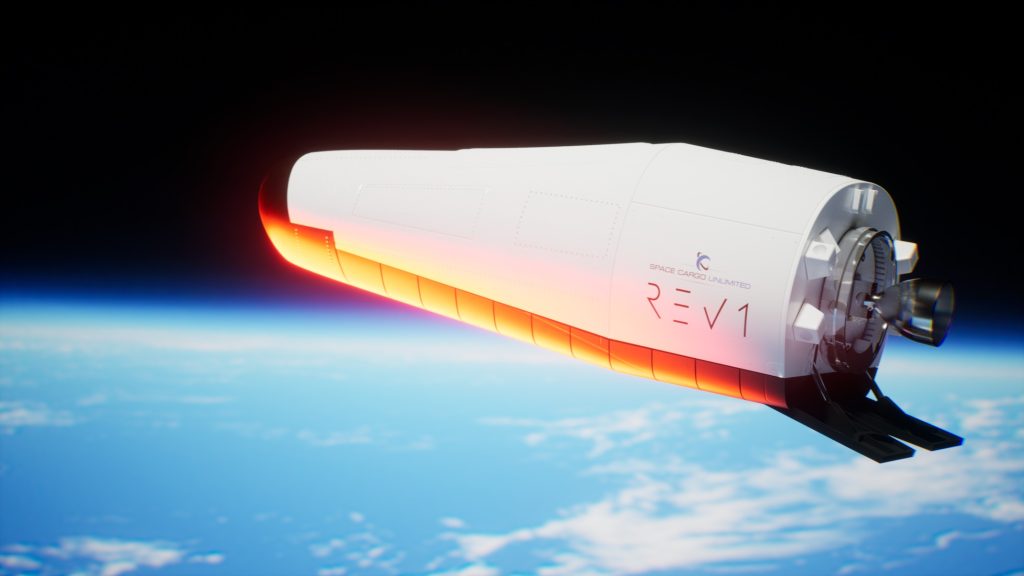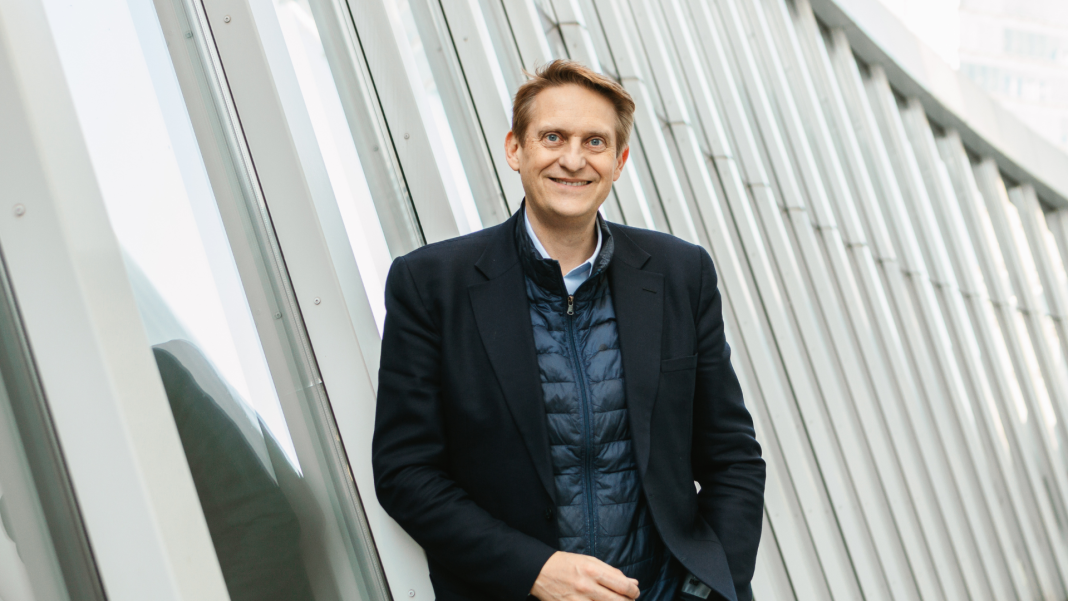This Luxembourg space scaleup bootstrapped its first mission by auctioning off space wine. Now it is driving down the cost of research and manufacture in microgravity with a European solution.
Space offers a unique opportunity for science and manufacture. Stem cells grow 10 times faster in microgravity than on Earth, meaning that drugs can be developed quicker in space. Microgravity conditions can also help with the development of stronger alloys and more advanced materials. Meanwhile, exposing plants to the hostile conditions of space accelerates the evolutionary process, leading to more resistant strains.
Space Cargo Unlimited (SCU) leveraged the latter in one of its missions: sending Merlot and Cabernet Sauvignon vines to the ISS. It resulted in the creation of more climate resilient vine varieties, which will go on pre-sale in spring 2025.
But, the startup, which was founded in Luxembourg in 2014, is not only benefiting wine growers. Its next mission aims to bring down the cost of in-space manufacture and research with the BentoBox, a spacecraft which can fly up to 10 autonomous laboratories in space, so they can operate in near zero gravity. Roughly the size of a wine barrel, the BentoBox has a capacity of 100kg and 240 litres and aims to reduce costs and improve efficiency compared to the ISS.
”What makes us different from other space infrastructure companies, is that we were first a user.”
“What makes us different from other space infrastructure companies, is that we were first a user. We went through flying the ISS, flying on Dragon from SpaceX, flying on Blue Origin. We went through all the procedures. We know what needs to be done to make it effective,” SCU founder Nicolas Gaume explained.
When a mission is complete, the BentoBox and its pay- load is safely returned to Earth using an inflatable reentry shield developed by German partner Atmos.
The first commercial launch, which is already 100% subscribed, is scheduled for December 2025. “Among the customer pipeline and customers who have signed up, we have a lot of variety,” Gaume said. Customer use cases include new materials manufacturing, organoid development and even infrastructure testing.
One reason customers might choose a capsule or free flyer for their work is cost. According to Gaume, the (unsubsidised) price difference between doing research in microgravity on the ISS compared to the unmanned BentoBox is 10-1. Another advantage is flexibility. Gaume himself knows well the challenges of securing space for a payload on the ISS and bringing it back to Earth in a timely manner. Then there is the fact that the ISS will be decommissioned in the next five years. “It’s going to be replaced by a US Commercial Space Station. And the question is, do we want to have sovereign European access to space and the ability to do specific space development?,” said Gaume, adding: “We are looking at creating a platform of choice that would be very much a European platform for European Space actors today and tomorrow.”
Gaume is readying for that future, increasing capacity for following flights. And he is rapidly expanding his eight-strong team in Luxembourg. In January, the company moved offices to Technoport in Foetz and it is expected to grow to 15 by the end of the year. If all goes to plan, Gaume is hoping to see the team hit 50 in the next four years.

This article was published in the 5th edition of Forbes Luxembourg magazine.
Read more articles:
Casa Duques: A Refined Taste of Spain In The Heart Of Kirchberg
How Avanti Sharma Is Shaping The Future
Bert Boerman, Tech Founder & Digital Transformation Specialist

